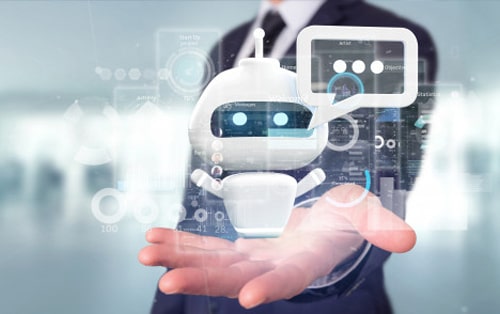
Digital technology is to digital devices, systems, and resources that help create, store, and manage data. An important aspect of digital technology is information technology (IT) which refers to the use of computers to process data and information. Most businesses use digital technology nowadays to manage operations and processes and to enhance the customer journey.
Artificial intelligence (AI) can improve operational processes by utilizing faster computational capabilities, data, and innovative algorithms. This article reviews the latest research on the applications of AI technology to sustainable humanitarian logistics (SHL) through the sustainability lens. In a broad sense, the cultural, economic, environmental, and societal pillars of the quadruple bottom line (QBL) are covered.


Cloud computing technology gives users access to storage, files, software, and servers through their internet-connected devices: computers, smartphones, tablets, and wearables. Cloud computing providers store and process data in a location that’s separate from end users. Essentially, cloud computing means having the ability to store and access data and programs over the internet instead of on a hard drive.
type of software, hardware, or system that is part of a large organization with more than 100 employees. Product management software, customer relationship management systems, and collaboration tools are good examples. Used well, enterprise technology can streamline workflows — making it easier for organizations to achieve their goals. Increased agility, responsiveness, and security are some of the aims of enterprise technology
